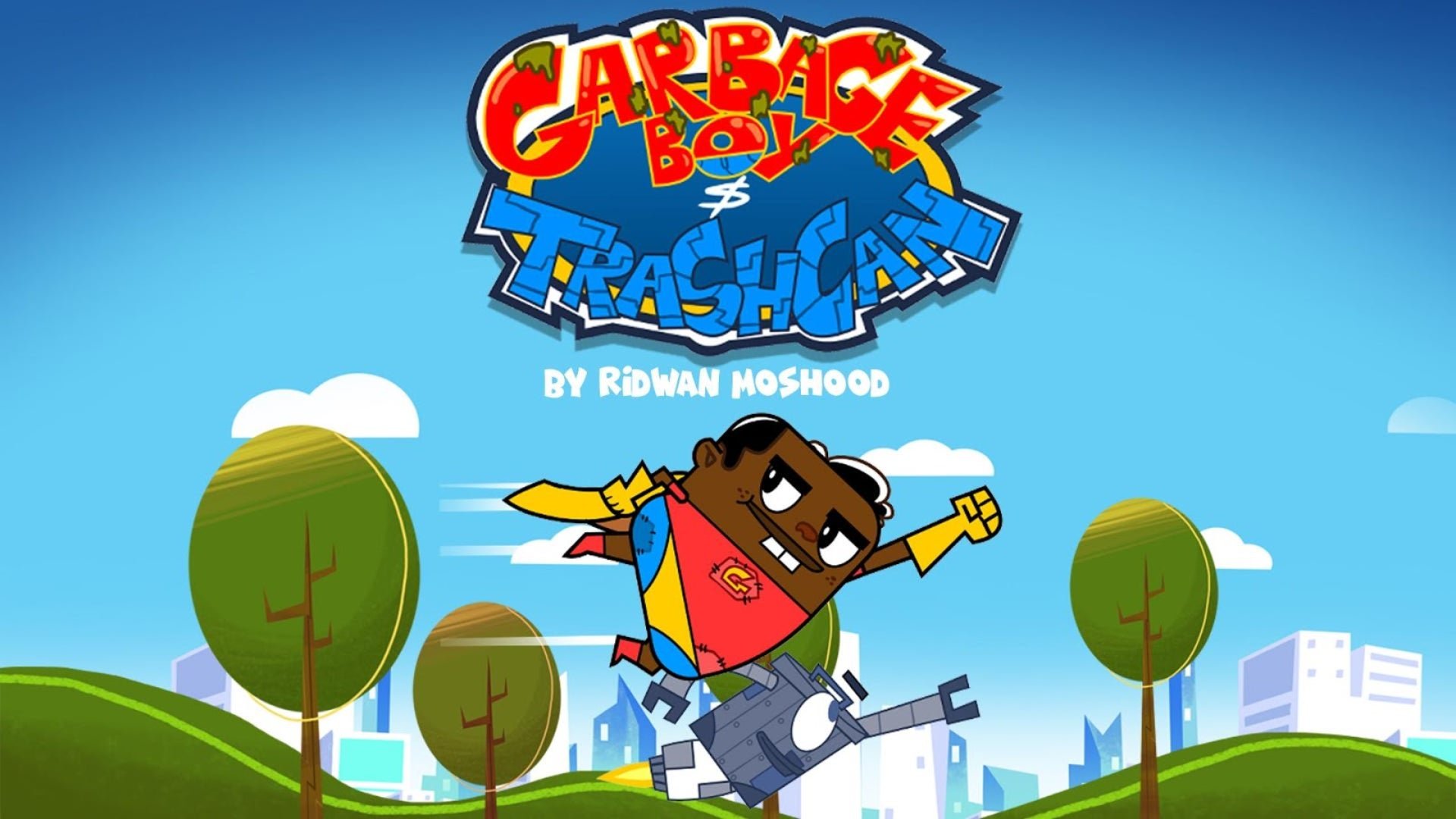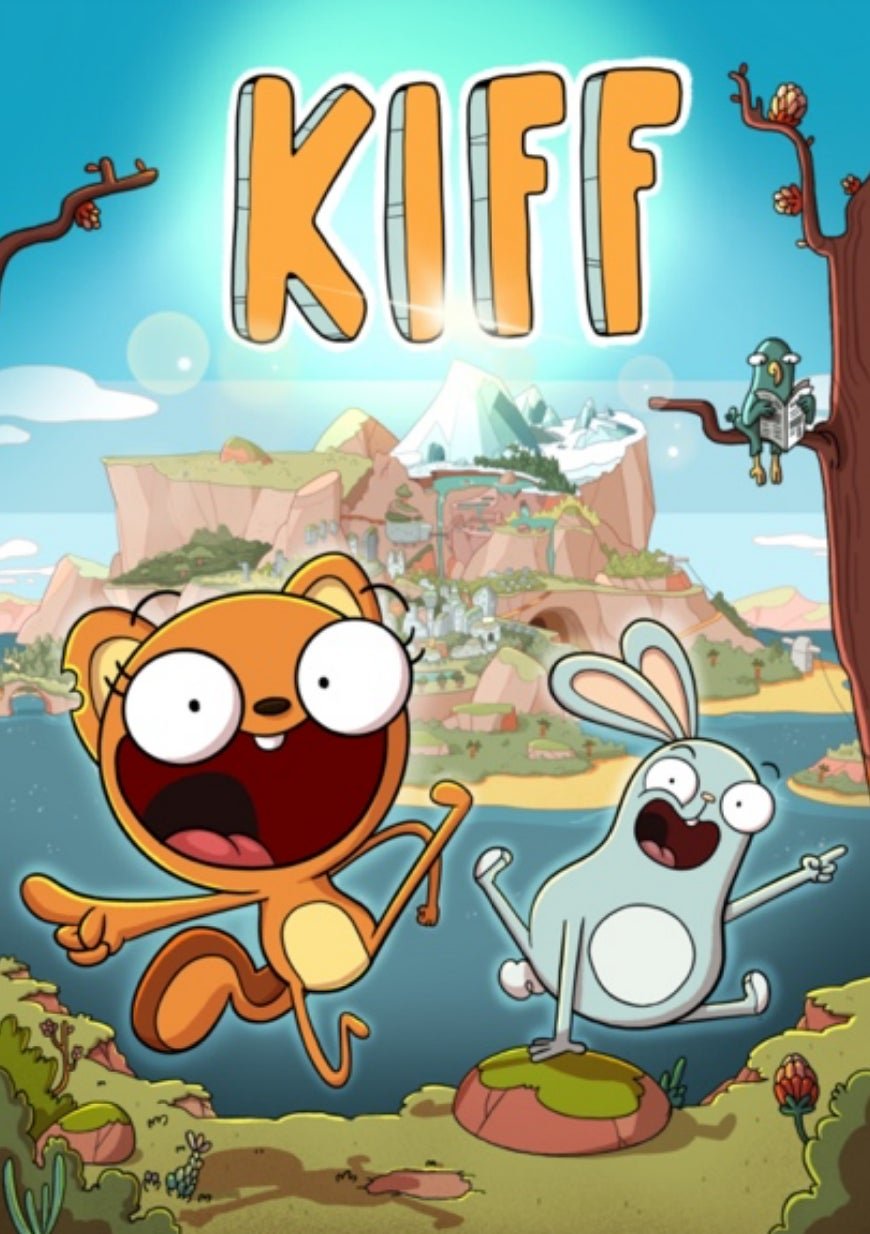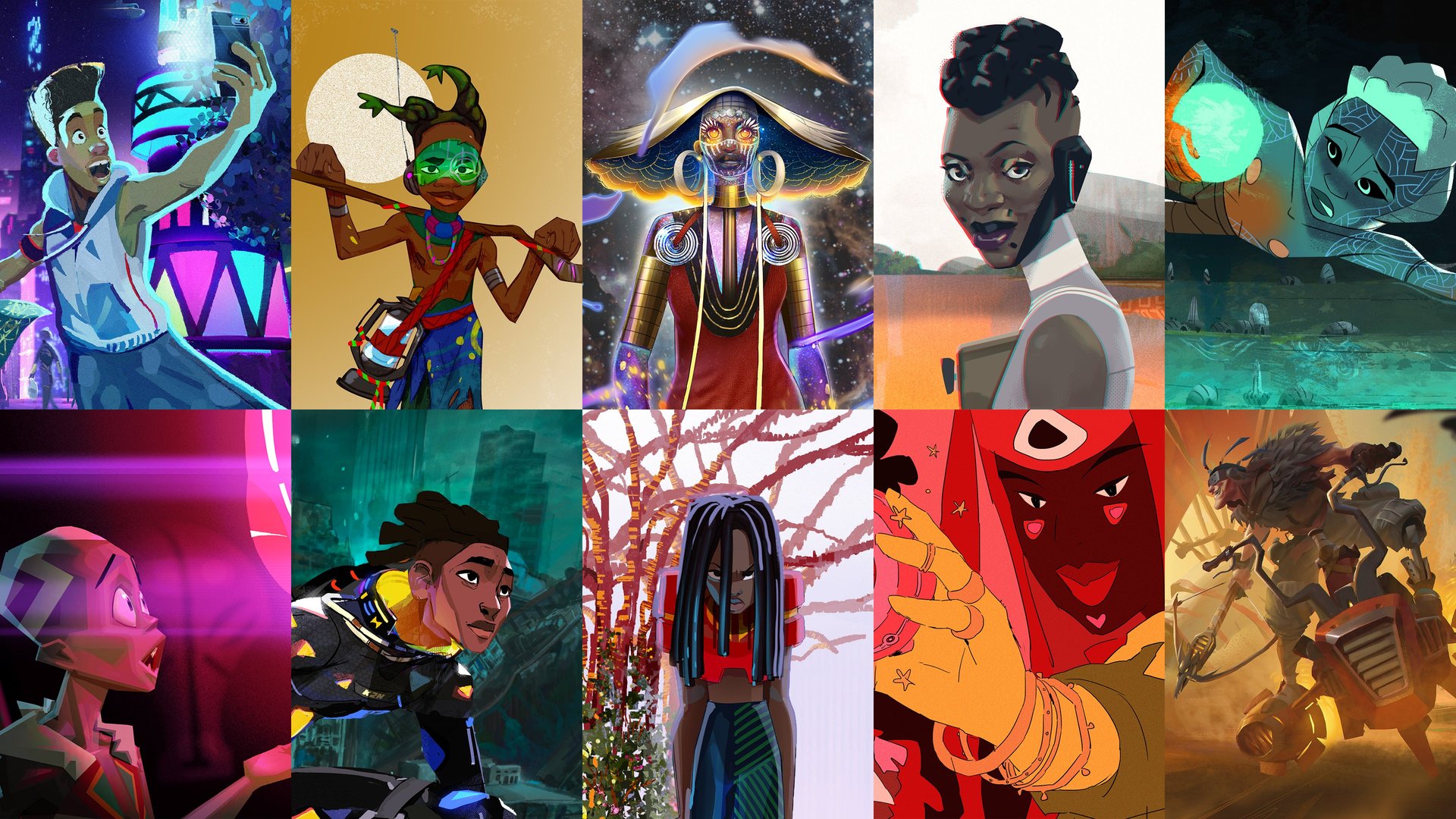Disney and Cartoon Network are finally embracing African animation
This month has been a significant one for Africa’s animation industry, as major content platforms in the US announced they are picking up four productions by local cartoon creators.


This month has been a significant one for Africa’s animation industry, as major content platforms in the US announced they are picking up four productions by local cartoon creators.
First came the news early in the month that Cartoon Network has commissioned a full series for Garbage Boy and Trash Can, based on a pilot by Nigerian animator Ridwan Moshood, to premiere next year. Then last week, Disney+ announced that an original 10-part collection of original films titled Kizazi Moto: Generation Fire by animators from six African countries will debut on the streaming service, also next year.
And the same week, at the Annecy International Animated Film Festival and Market in France, the The Walt Disney Company announced picking up two African animations: Kiff, by South African creators Lucy Heavens and Nic Smal, to premiere in 2023 on the Disney Channel, and Kiya and the Kimoja Heroes, by South African artists Kelly Dillon and Marc Dey, to debut on Disney Junior and Disney + in 2023.

As content platforms look to expand their services and audiences, they are increasingly taking notice of African animation. Previously, in 2019, Netflix picked up Mama K’s Team 4, its first original animated series from the continent. Last year, Disney announced a partnership with the pan-African entertainment company Kugali to create an animated series called Iwájú. And this past March, a Kenyan animated superhero series titled Super Sema premiered on YouTube as part of the video platform’s Originals roster.
This is welcome news for both African animators and global animation, where there’s a paucity of African content and representation of Black characters.

The animations have universally appealing themes
The African projects have themes that are universally appealing to children. For instance, Garbage Boy and Trash Can is about a 10-year-old self-proclaimed superhero called Tobi, who believes he has superpowers, and his friend Trashcan. The two save the world from super-villains and bullies. The series will have ten episodes of about two minutes each. Kizazi Moto: Generation Fire—by animators from Kenya , Uganda, Zimbabwe, South Africa, Nigeria, and Egypt—will feature sci-fi and fantasy stories presenting visions of aliens, spirits, monsters, and advanced technology.
Some of these projects are products of investments by the American companies in the continent. Moshood’s idea for Garbage Boy and Trash Can won Cartoon Network Africa’s inaugural Creative Lab competition in 2018. Disney invited more than 70 African directors and creators to pitch their ideas, which led to Kizazi Moto: Generation Fire. And the idea for Kiya and the Kimoja Heroes was part of the 2015 Story Lab, run by the Cape Town–based studio Triggerfish in partnership with Disney.
Such initiatives continue to emerge as as this week, Triggerfish, which is the lead studio for Kizazi Moto: Generation Fire, launched a skills development program for African story artists sponsored by Netflix.
The shortage of African content on international platforms
African creators have been working hard to address the shortage of African content on international platforms, Moshood tells Quartz. Cartoon Network commissioning his work is “a major win” for Africa’s animation industry, he says. “I believe with this we’ve proven that we have good [content] that appeals to global audiences,” he says, “and I think from here on it will be much more easier for global networks to see the potential in African [content].” Garbage Boy and Trash Can will be the first first animated comedy series to be produced in Africa for Cartoon Network.
This development for Garbage Boy and Trash Can will hopefully lead to more major international companies picking up Afrocentric content and improve representation, says Nick Wilson, a South African co-creator of the production company Pure Garbage alongside Moshood and animation writer and director Mike de Seve. Wilson is also the founder of the South Africa–based African Animation Network, a social enterprise that aims to empower African animation professionals.
“Representation in media is becoming more and more important,” he says. “Especially in an African context where you can probably count the number of animated feature films and TV series on one hand, kids need to see themselves represented in the media they consume.”
Sign up to the Quartz Africa Weekly Brief here for news and analysis on African business, tech, and innovation in your inbox.